The perfect fit and a crazy deadline: None of them dared to dream that the paper would be accepted right off the bat
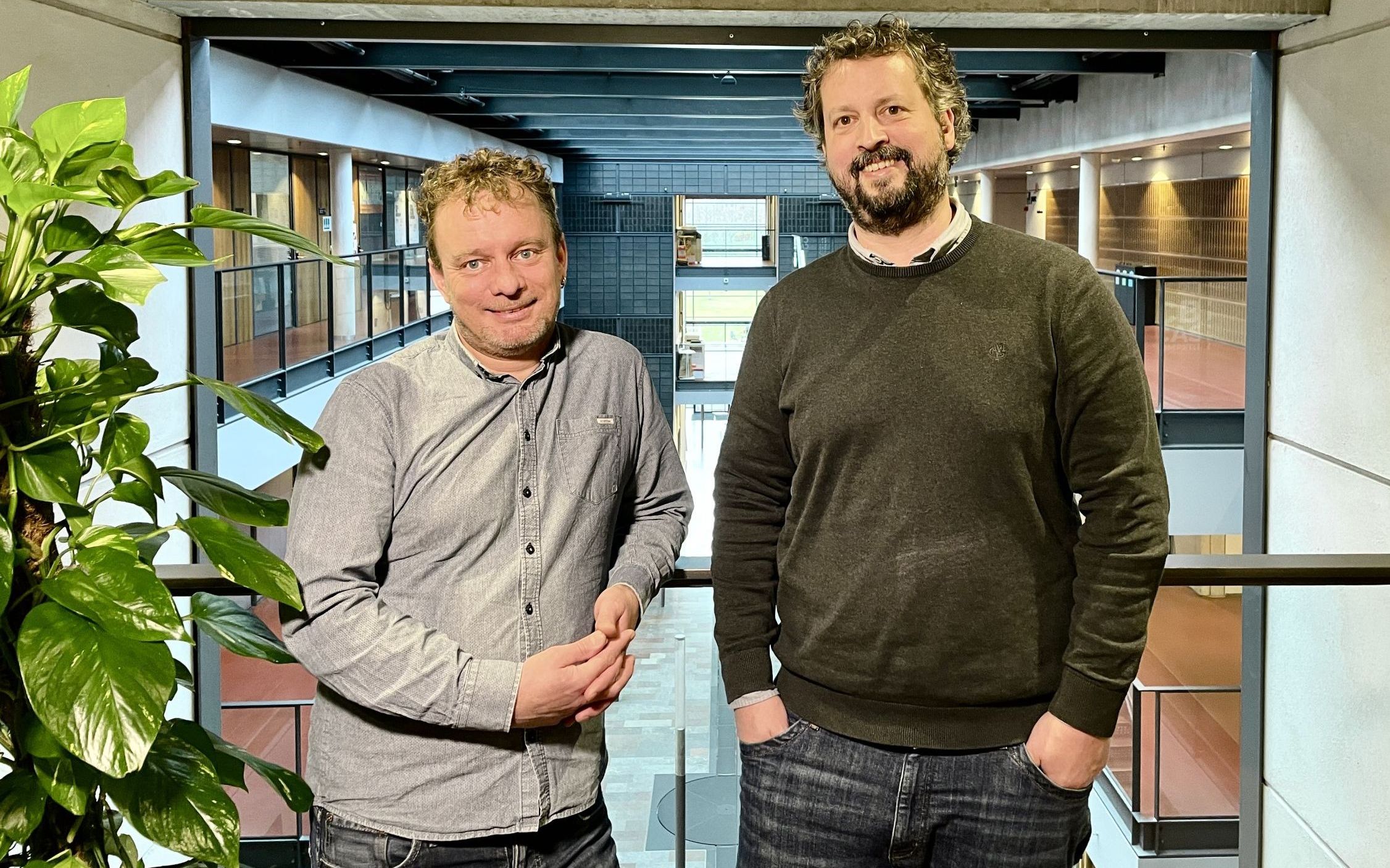
An exceptional master’s thesis inspired two lecturers to assist MSc alumna Julia Köhler in writing a paper. The research paper was published in the prestigious Business Strategy and the Environment journal (BSE).
For anyone working in academia, there is constant pressure to get published in major journals. So, for a master’s student to be published in an AJG 3 journal like Business Strategy and the Environment (BSE) on her first try is quite an achievement, says co-author and Assistant Professor at CBS Philip Beske-Janssen.
The research paper ‘Towards a Collaboration Framework for Circular Economy’ was written by Julia Köhler in collaboration with Assistant Professor Philip Beske-Janssen and Teaching Assistant Professor Sönnich Dahl Sönnichsen, who also supervised the thesis process on which the paper is based.
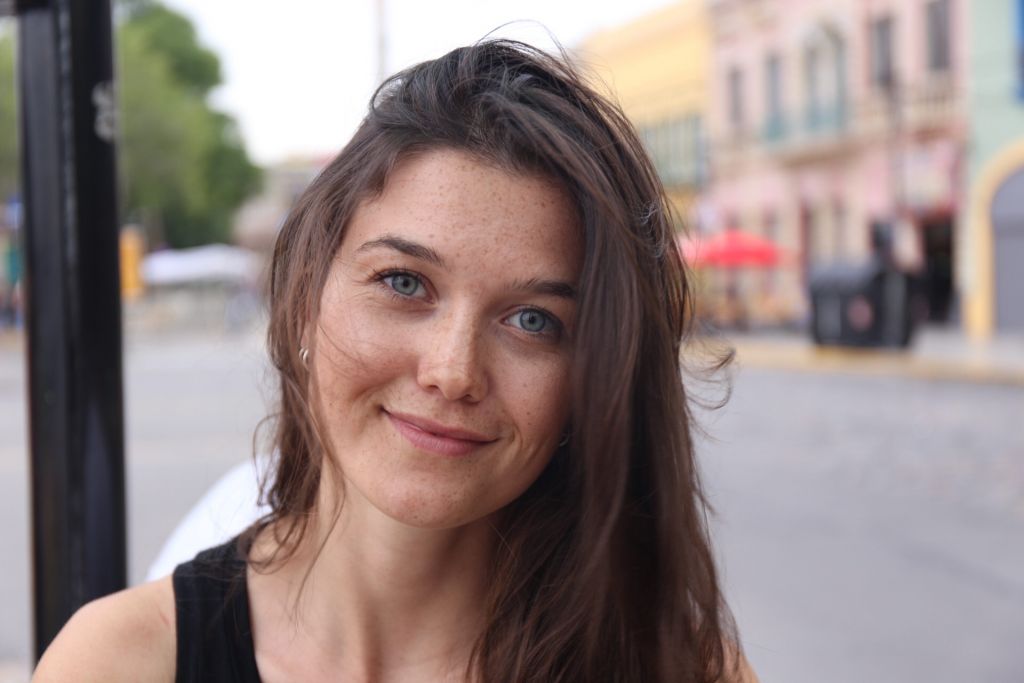
(Private photo)
“I am extremely happy that we managed to complete the publication process with only two revisions, one of which was only minor,” says Julia Köhler. “It felt good to know that the publication might have opened a door to return to research at some point.”
Thoroughness and enthusiasm
Julia Köhler originally wrote the master’s thesis together with Guilia Carmicino and found the process fun and balanced. They were able to dig deep into the topic, collect a lot of data and conceptualize the outcome.
On top of that, the collaboration with Sönnich Dahl Sönnichsen as thesis supervisor ran very smoothly, paving the way for further collaboration. He spotted early on that the two students had something special that could be turned into a research paper after their defense. Although Guilia Carmicino decided not to participate in publishing the paper, she gave Julia Köhler her blessing to give it a go, and that is exactly what Julia did.
“I would never have thought of trying to publish if Sönnich hadn’t put the idea into my head and brought Philip onboard,” says Julia Köhler.
And Sönnich Dahl Sönnichsen had no doubt that the thesis should be transformed into a paper.
“Their master’s thesis was very good, with excellent empirical data collections. They didn’t cut any corners, but submerged themselves in both the method and how to do everything correctly and accurately, and that made it possible to turn it into a research paper,” says Sönnich Dahl Sönnichsen.
Philip Beske-Janssen was asked to join the writing process because the thesis cited a lot of his work. He was impressed by the high-quality thesis and also their work ethic.
“The enthusiasm Julia and Guilia had for the project was really phenomenal, and the complex theory they based the thesis on is something you don’t often see, and that was the key to turning it into a great article,” says Philip Beske-Janssen.
The perfect fit for the issue
In their process of finding out which journal to submit to, they came across a special issue of Business Strategy and the Environment focusing on circular economy, and although the deadline to submit was only six weeks away, they decided to try anyway because they felt the master’s project was the perfect fit for the issue.
“This journal connects different areas of knowledge, disciplines and perspectives into articles, so that is really one of the reasons it is a prestigious media to publish in,” says Philip Beske-Janssen, and Sönnich Dahl Sönnichsen elaborates:
“The perspective of the master’s thesis was on collaboration and that fits really well with how the journal tries to connect different areas of knowledge in a more holistic way of thinking. Having this collaboration framework also shows something about the three of us working together – it shows a lot about collaboration on many different levels.”
So, they knuckled down and summarized the 120-page master’s thesis into an 8000-word article, and despite the tight deadline during the exam period, things ran smoothly.
“Especially at the end, during the final iteration, we were pressed for time, but I think what helped us was how we complemented each other. In every meeting, it was clear who was responsible for what. The process was such fun and so fruitful. I was a bit more flexible timewise, but they brought in the experience and insight on how to publish a paper in general and the necessary steps. I brought in the experience of having interviewed the people involved,” says Julia Köhler.
None of them dared to dream that the paper would be accepted right off the bat, especially with the fast review process, and they mostly saw it as valued experience for further rewrites before possibly being published in some other journal. So being invited to revise the submitted paper and then have it accepted was exciting.
“It was a very good and rewarding feeling to be accepted. Most researchers find good journals usually have a rejection rate of 80-90% for the first round. This is a special issue on circular economy, which is a hot topic right now so a lot of people are trying to submit their findings. But fortunately, we wrote a strong paper and they liked it,” says Philip Beske-Janssen.
Three birds – one stone
According to Sönnich Dahl Sönnichen, the research paper fits in perfectly with the agenda at CBS that students and researchers should collaborate on projects while including the Nordic Nine and CBS’s own strategy for researchers and staff to publish their findings.
“Top management wants us to engage students in our own research projects and also collaborate across departments. This was an opportunity to do both. Also, you could say the practical side of applying our research findings into something that can contribute to the green transition in general is a major reward,” says Sönnich Dahl Sönnichsen.
In their eyes, being published in Business Strategy and the Environment is an opportunity to do just that, since a lot of research on circular economy is contained within the research community itself. This creates a kind of echo chamber where the knowledge gained is delayed in reaching the businesses who might benefit from it.
“We will be communicating the research to a broader audience through this journal and since we’ve taken the business perspective instead of an environmental perspective or a social perspective, we can reach a broader audience than if we’re only talking about sustainability. We can actually reach an audience that might initially be interested in circular economy or sustainability aspects and so on but we can get them on board with our business perspective, including how businesses are operated and run,” says Sönnich Dahl Sönnichsen.
These days, Julia Köhler has left academia and is enjoying working at the start-up Plan3t in Hamburg, making sustainability easy and rewarding in everyday life.
“I like the idea of returning to research on the topic of sustainability and circular economy at some point, because so much is happening at CBS, at DTU and in Denmark in particular and especially in the construction sector” Julia Köhler.
All three collaborators would like to work together on projects in the future, and Sönnich Dahl Sönnichsen and Philip Beske-Janssen are already planning ahead.
“There’s a lot of knowledge we still need to develop for companies to implement circular economy principles easier without experiencing the same risk up front. Instead they can refer to the examples on how to implement these principles with a focus on business. After all, that is the heart of the matter, also since we are a business school,” says Sönnich Dahl Sönnichsen.
Nothing to lose
The trio hopes that their story can inspire others who are considering publication, and Julia Köhler recommends other students with such ambitions to ‘just try it’!
“There’s nothing to lose and you never know if it will open doors. It’s also a nice way of wrapping up your student life and giving your master’s thesis another purpose, making more out of all the hours you invested in it,” says Julia Köhler.
And according to Sönnich Dahl Sönnichsen, thesis supervisors can help students spot the greater potential in their work from the beginning of the thesis process.
“Sometimes, you come across students who are capable, willing and enthusiastic about going out there and showing the really good research they have done for their master’s theses and all they have learned during their years here. As a supervisor, you should bear this in mind already when the process begins, and that makes it easier to turn the project into a paper afterwards,” says Sönnich Dahl Sönnichsen.
But both he and Philip Beske-Janssen stress that these considerations should not be dangled in front of the students as a possibility, adding further stress and expectations.
“Students should never aim to turn a thesis into a paper, and it should not be the supervisor’s goal either. Writing a master’s thesis in the first place is difficult and stressful enough. A master’s thesis is first and foremost for the student, who should have as much fun as possible throughout the process,” says Philip Beske-Janssen.



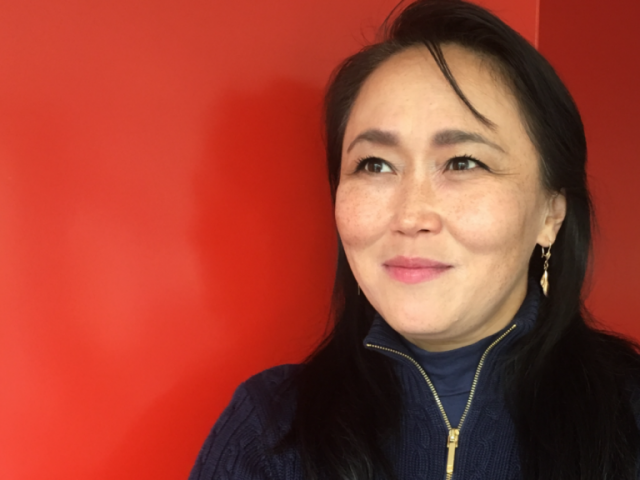
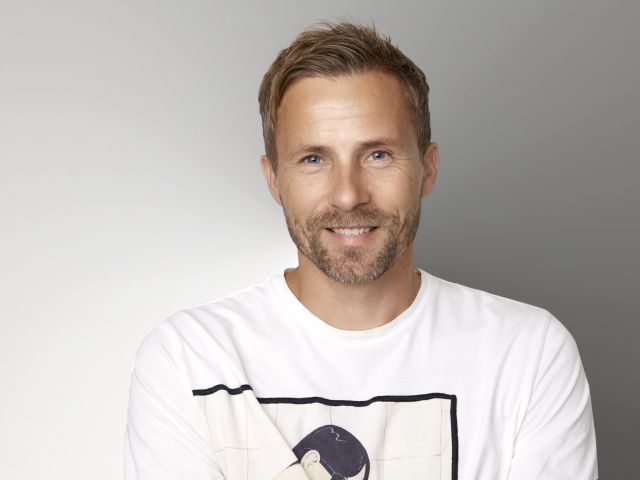
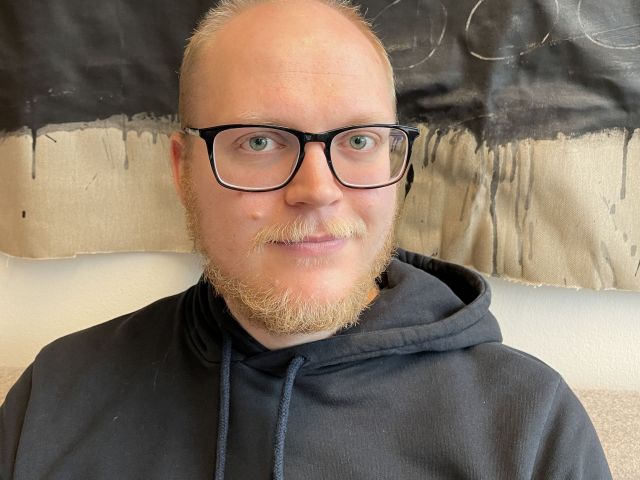
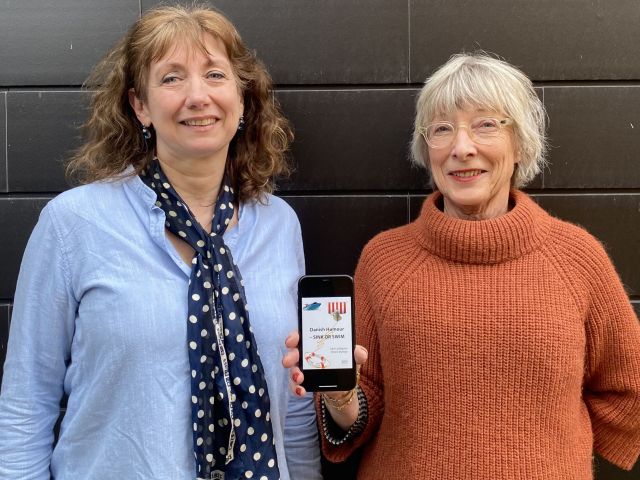
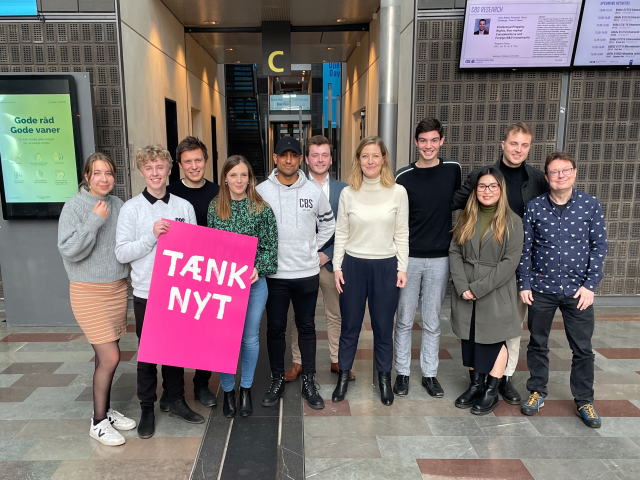
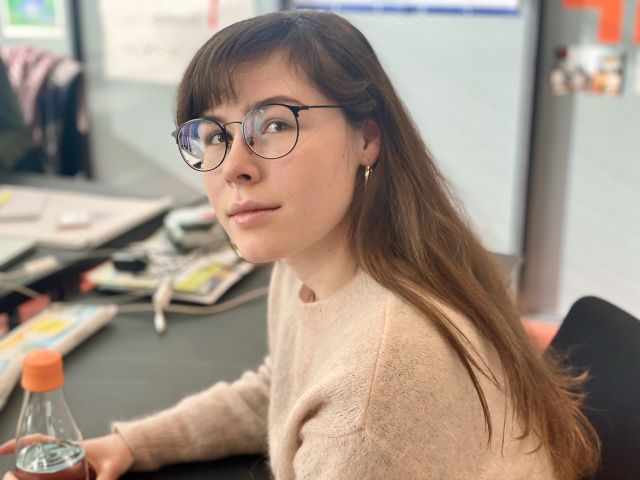





























































































































Great collaboration